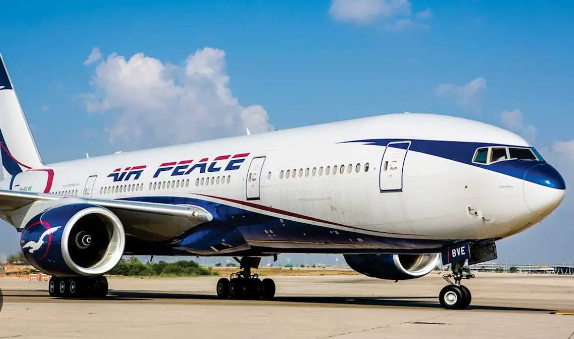The Federal Government's decision to raise the contribution of aviation agencies to the Treasury Single Account (TSA) from 40% to 50% has ignited widespread concern and panic among stakeholders in Nigeria's aviation sector. This policy change has intensified debates over its potential impact on the financial stability and operational efficiency of key agencies like the Federal Airports Authority of Nigeria (FAAN), Nigerian Airspace Management Agency (NAMA), and Nigerian Civil Aviation Authority (NCAA).
Initially, the TSA policy required a 25% deduction from the internally generated revenue (IGR) of these agencies, later increasing to 40%. However, the latest directive from Finance Minister Wale Edun, issued in December 2023, mandates that these "super agencies" now remit 50% of their IGR to the federal coffers. This decision, aimed at improving fiscal discipline and transparency, has left the aviation sector struggling to maintain essential operations.
Industry leaders have expressed grave concerns about the implications of this increased financial burden. FAAN's Managing Director, Mrs. Olubunmi Kuku, highlighted the challenge of managing 22 airports, with 19 of them being non-viable. She warned that critical capital-intensive projects, such as upgrading terminals, airfield lighting, and security equipment, are at risk due to the lack of funds.
NAMA's Managing Director, Engr. Farouk Ahmed, echoed these concerns, stating that the 50% revenue deduction jeopardizes the agency's ability to maintain safety-critical equipment and train personnel to meet both local and international safety standards. He emphasized that the current financial model is unsustainable, particularly as NAMA operates 24/7 to ensure the safety of Nigeria's airspace.
Unions within the aviation sector have reacted strongly to the policy, planning protests to demand a reversal. The National President of the Air Transport Services Senior Staff Association of Nigeria (ATSSSAN), Mr. Ahmadu Illitrus, argued that the policy is causing significant harm to FAAN, NAMA, and NCAA, stressing the importance of adequately funding aviation infrastructure and services for the safety and security of passengers.
Experts like Sindy Foster, Principal Managing Partner at Avaero Capital Partners, and former Murtala Mohammed International Airport Commandant, Group Captain John Ojikutu (retd), have also criticized the policy. Foster warned that the increased financial strain could lead to higher costs for airlines and passengers, ultimately reducing air travel and revenue, while Ojikutu questioned the sustainability of operations if agencies are forced to remit 50% of their earnings without sufficient funds remaining to cover their operational needs.
In response to the growing concerns, Tunde Moshood, Special Assistant on Media and Communications to the Minister of Aviation and Aerospace Development, Festus Keyamo, assured that safety remains a top priority. He noted that efforts are being made to exempt these agencies from the TSA policy and explore alternative ways to enhance their financial stability.
As the situation unfolds, the aviation industry is bracing for potential disruptions, with stakeholders urging the government to reconsider the policy to avoid jeopardizing the safety and functionality of Nigeria's air transport sector.



